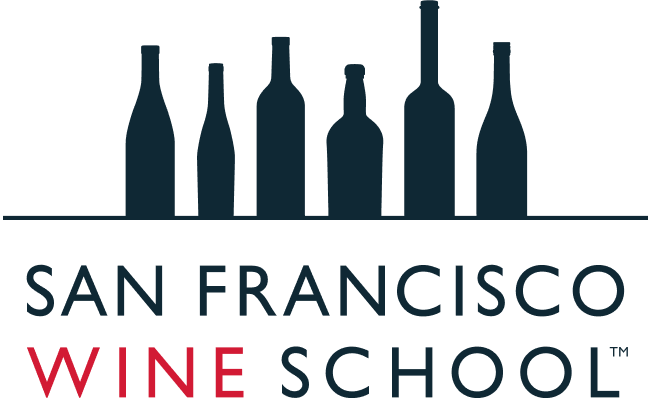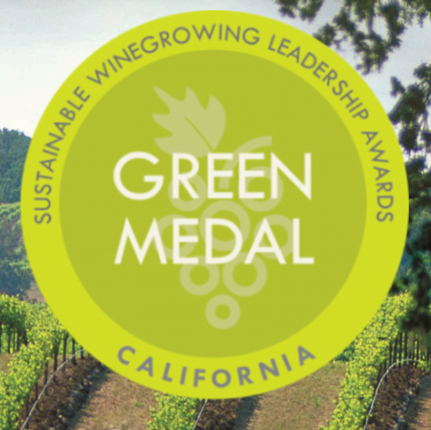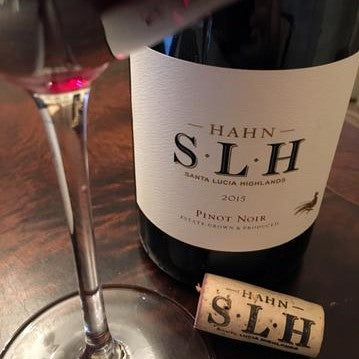DF: Why is this touristy, shop-lined street we’re on called ‘Whiskey Row’? Was it once the center of whiskey production or storage?
Scott: Being so near to the Ohio River it’s where barrels of whiskey were stored. They’d be rolled out of the warehouses to the river where they’d be pulled out after the falls then loaded onto boats waiting at the other side.
Brett: There were also a lot of rectifiers here then, too, with that starting up again with Michter’s starting up a few blocks away and Angel’s Envy the other direction, and Old Forester next to my whiskey concept place, Doc Crow’s. It’s a cool place, the largest collection of iron-front buildings in the US. Doc Crow’s was an old ‘iron pig’ (smelter) which when it closed up became a whiskey warehouse. Like most of middle America this area was destitute for a long time with boarded up storefronts
DF: Louisville is growing for reasons other than only whiskey. As both of you are clearly successful in Louisville’s resurging market, and considering market growth in any city, what challenges and what problems might the good wine professional anticipate in planning an effective program?
Scott: Be mindful of where the market is going. New dispensing and preservation systems should be ‘green’ while taking care of your wine. The days of serving oxidized wine that’s been open for 3 days are gone. Coravin, Enomatix, Wine and K are all important to note when building your concept. Retrofitting your operation is expensive, outfitting it right from the beginning—not so much. The same thing from stocking Bourbons to craft beer being ‘on fire’ means making sure you’ve plenty of storage. If you don’t have as much as 50 wines by the glass are you a progressive program? Maybe you can be but you have to be more dynamic.
Brett: You have to read your market. I’m going from fine dining to what I call ‘fun dining’. Even though the economy is coming back people haven’t yet loosened their belts. We’ve begun doing ‘bubba food’ with a good beverage program which is an ‘everyman’s’ wine list, things customers read about and know the varietal they know of if not the brand. The same is true for whiskies and all spirits. I always have Bud Light in my restaurant because I want someone to feel comfortable while also being able to order the most eclectic beer available. It’s not about us, it’s about them.
Scott: Your lists should strike a balance between fun, cutting edge selections that are interesting for the cognoscenti but also have national brands for those people not looking for an intellectual experience in ordering.
Brett: People want to have fun, and are flocking to these middle brow concepts. Markets filled with people with disposable incomes want fine dining, sure, but do they really need white tablecloths? Keep it simple and down-home.
DF: How do you view the changing nature of wine branding with silly labels reflecting animals, prurient matters, etc.?
Brett: Blends are becoming more common. Some of it is good as it’s reflective of the success enjoyed by craft beers. But I’d like to have a unique story about the wine, the people, or the area because when you’re talking to people about wine you don’t want to hear about minerality but rather maybe that the wine was made in a cave or that the winemaker wants to do things more organically. In restaurants people are looking for wines with credible backstories.
Scott: Those clever labels are more appealing for retail consumers—for restaurants it’s names, varietals, price points. But craft beers and craft spirits emphasize what’s local whereas wine can be from anywhere providing it’s good.
DF: Are you supporting Kentucky wineries?
Brett: No because we’re not a quality wine-producing state; but if I lived in Michigan, New York, or any state which has the climate for good wines then yeah.
Scott: I support them in their efforts in this mercurial climate, a reason why Bourbon does really well here. Today it’s 80F, last week it was 100F. Here they’re still getting away from using tobacco money to plant vinifera and labrusca. I taste some of them and they’re growing in big ways. In my mind Norton and Cynthia are doing well but the price point they’re sold at is greater than equal quality wines from elsewhere.
Brett: They’re basing their pricing from general retail levels sold at the winery, not by quality parameters dictated in part by distribution.
DF: How long have the two of you known each other?
Scott: Too long! We met 20 years ago. He was one of my mentors and I fully expected him to pass before me. Without him I wouldn’t have passed as quickly as I did.
Brett: We were also the only two people to have passed that session; it was Louisville’s time. It’s been a great restaurant community but over the past 10 years it’s grown from a fully chef-driven world to one where you can now find a lot of craft beers and Bourbons.
Scott: It’s a center, and whenever you have a center of alcohol production you have an elevated knowledge level. It used to be a few years ago you’d find bar taps in Louisville that were on a par with those in New York, San Francisco, or Portland. We’d have wine reps come in who were surprised to see wine lists of the caliber that we have.
DF: To what extent do you find yourselves called upon to promote Bourbons for the deep pocketed players nearby?
Brett: Mayor Fisher instigated initiatives and programs which have led to us now having a city-sponsored Bourbon certification program. 20 of our servers are now certified, and Master program is set to begin.
Scott: He’s much more political than I am—the distilleries haven’t called on us at all! It’s okay, but you can’t be employed on more than one tier of the system, and we both have bar licenses. They also want their people speaking the rhetoric and not the whole story. We’re great storytellers here, and we’ve got plenty of great stories. All those labels aren’t true, but they don’t want us to pull away the curtain; we talk facts such as that Elijah Craig didn’t create Bourbon.
Brett: And no one knows who came up with the name. It’s named at some level for the Bourbon dynasty of France, but how significant is that? It adds to the perpetual myth of Bourbon. So be it.
Scott: Doc Crow was like Dom Perignon in that he didn’t create the sour mash concept, only perfected it with temperature-controlled fermentation. He taught people how to run a clean distillery. Before Bourbon, the whiskies of Europe weren’t of great quality—the process was perfected here and sent back across the Atlantic. They’ll dispute that, but then whiskey was clear and crap, needing to be dosed with cinnamon and other aromatics.
Brett: And that’s happening today, too, to broaden the market!
DF: Scotland’s distilleries didn’t come into its own legitimately selling and paying taxes on its distillates until the late 19th century. How should the sommelier new to Bourbon stock and sell it? What are the basics?
Scott: Our restaurants range from 30 to 50 selections. A variety of grains and mashes will easily get you to 50 you also include Scotch and Irish. You need to have a good baseline knowledge of how it’s made and how it tastes. It helps to stock diversity; you don’t want to have a whiskey list that’s the equivalent of a wine list that is comprised exclusively of Chardonnay and Pinot Noir. Then institute a minimal cocktail program that takes advantage of those such as a high rye that can stand up to Campari and sweet Vermouth in which a Larceny wheated Bourbon would get lost.
Brett: It’s more about being able to sell the different mash bills and wood treatments. Bourbon compared to Scotch isn’t that great; Bourbon has a smaller variance of flavor within it as compared to that between an Islay and a Highland Scotch. But it’s a good talking point for bartenders to mention to customers of the softer notes of a wheated Bourbon as compared to the spicier ryes. I’m a huge fan of Bourbon, and its ‘sense of place’ is all about the rickhouse and the barrel.
DF: Crystal ball time; none of us could’ve predicted the Muscat boom while many thought Riesling would pop when in reality it’s been on a long, slow simmer. Where do you see people’s wine tastes going to?
Scott: We’re going to continue riding this ‘blend’ wave where people become more accepting of blends. I think it’ll move to more classic blends rather than the ‘kitchen sink’ styles based in Bordeaux, Rhone styles. We’ll also see more companies making crisper and brighter wines, wines with more finesse and elegance. Some of the richer ones have gone away.
Brett: Is there going to be another influential wine writer like Parker come along? This is a touch cynical, but it can take only one movie like ‘Sideways’, one quote in a popular TV show saying that Chardonnay’s terrible for the variety to hit the crapper. I hope Grosses Gewaechs Rieslings are some of the best fine wines available in their price range other than Barolo. In the lower end you’ll continue to see Grüner grow as something you have to place on your list. Is Portugal going to emerge? Maybe some of the newer Vinho Verdes? For $10 retail you can get some Portugal reds that compete with those at $30 from other countries. In the New World is China ever going to get there? I know it’s not going to be Pinotage!
Scott: I think we’ll begin to see some of overlooked varieties like Sylvaner and Carignan with low yields from old vines getting attention.
Brett: Maybe it’ll be Sangria; Blake Shelton wrote a song about it!
Check out Harper's Establishment:
Learn more about how to run a successful beverage program with our proprietary Wine Program Management course!



